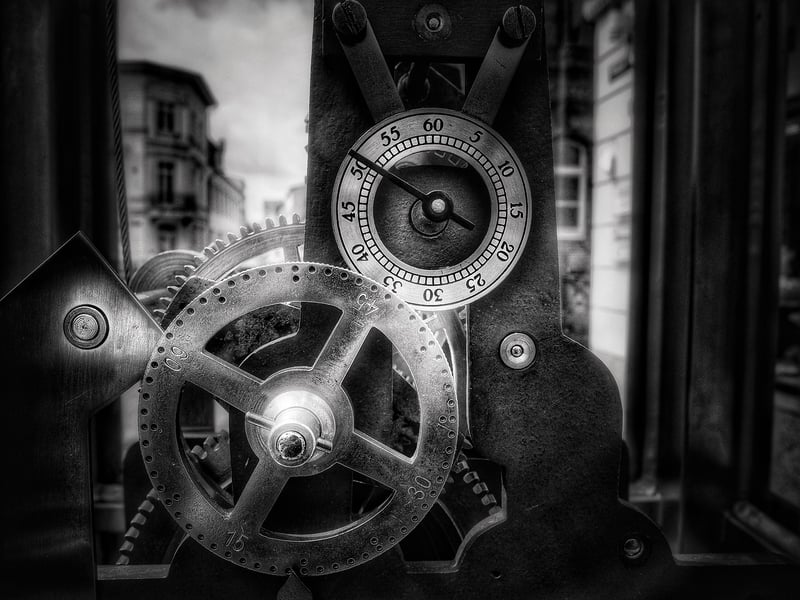Temporal Prime Directives
Moral Dilemmas in Time Travel and Temporal Prime Directives
Time travel has been a popular theme in science fiction, captivating audiences with its intriguing possibilities and moral complexities. However, with the concept of time travel come significant ethical dilemmas that raise questions about the consequences of altering the past and the responsibilities of time travelers. In many fictional universes, these dilemmas are addressed through the implementation of Temporal Prime Directives, rules that govern time travel and aim to minimize disruptions to the timeline.
Paradoxes and Altering History
One of the most common moral dilemmas in time travel is the potential to create paradoxes by altering the past. Changing even a seemingly insignificant event could have far-reaching consequences, leading to a chain of events that drastically reshape the future. Time travelers must grapple with the ethical implications of their actions and consider whether the benefits of altering history outweigh the risks.
Temporal Prime Directives
In many works of fiction, Temporal Prime Directives serve as guidelines for time travelers to follow. These directives often include principles such as non-interference with the past, avoiding changes that could harm the timeline, and preserving the natural course of history. Violating these directives can have dire consequences, including the creation of alternate timelines or paradoxes that threaten the fabric of reality.
Examples of Temporal Prime Directives:
- Avoid direct interaction with individuals from the past
- Minimize the use of advanced technology in historical periods
- Do not reveal future knowledge that could alter the course of events
Ethical Considerations
Time travelers must navigate complex ethical considerations when faced with decisions that could alter the past. While the temptation to prevent tragedies or change the course of history may be strong, the potential consequences of such actions must be carefully weighed. Upholding moral principles and respecting the integrity of the timeline is essential to prevent unintended harm.
Conclusion
Time travel continues to fascinate and challenge us with its moral dilemmas and ethical quandaries. By exploring the concept of Temporal Prime Directives and considering the potential consequences of altering history, we can delve deeper into the complexities of time travel and the responsibilities that come with the ability to manipulate time.

For more information on time travel and moral dilemmas, check out Space.com.
